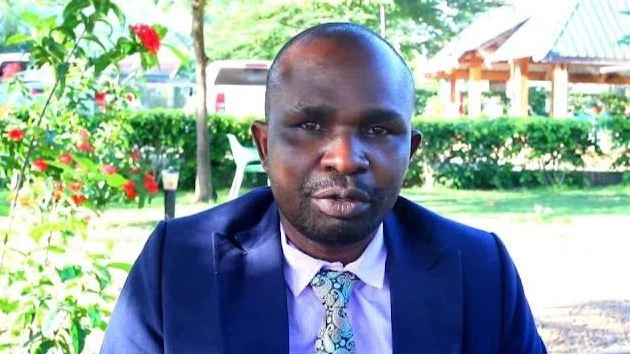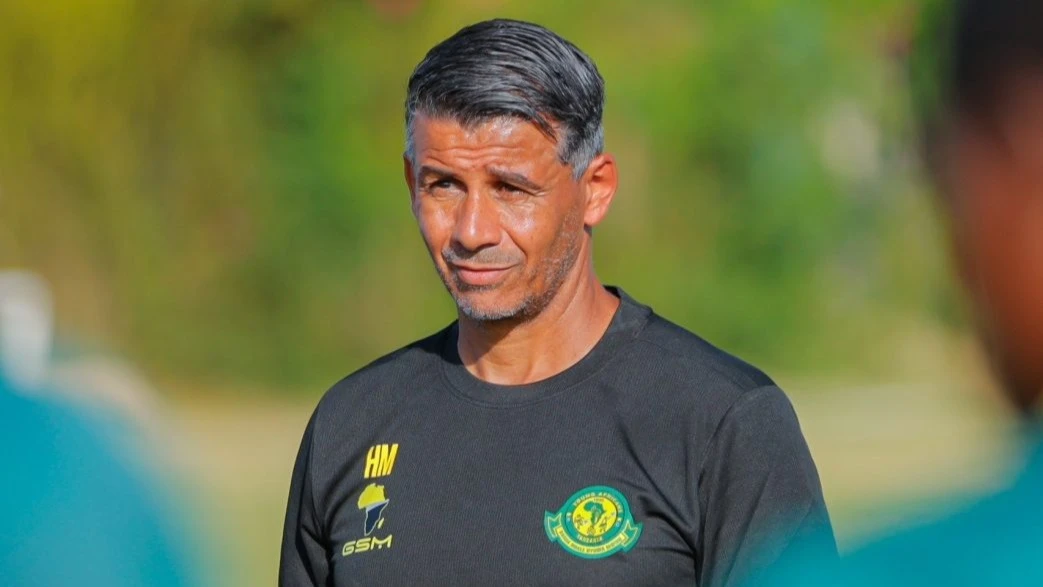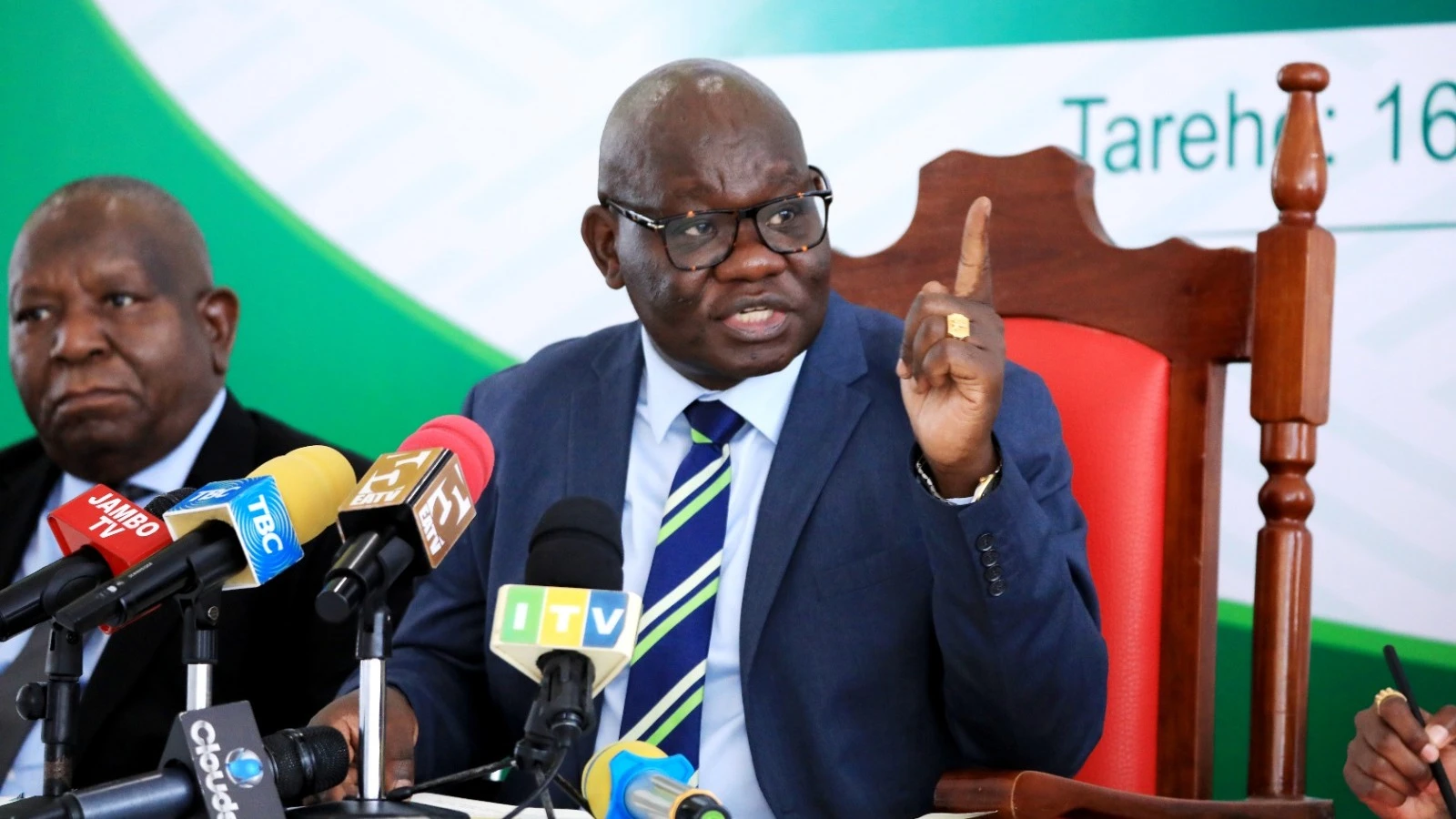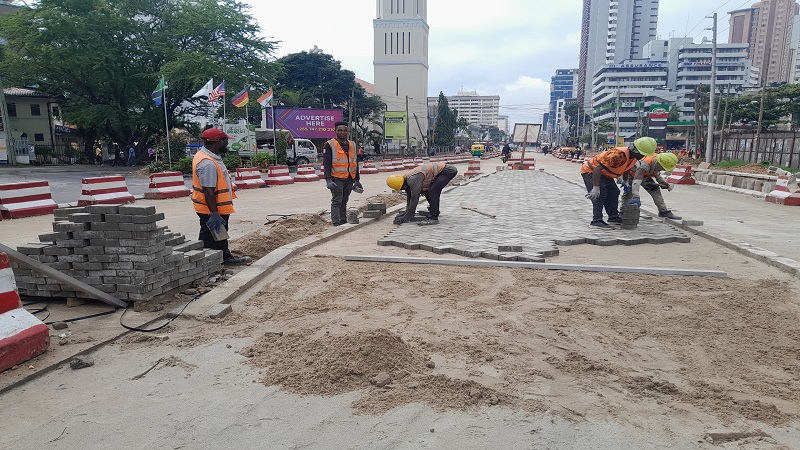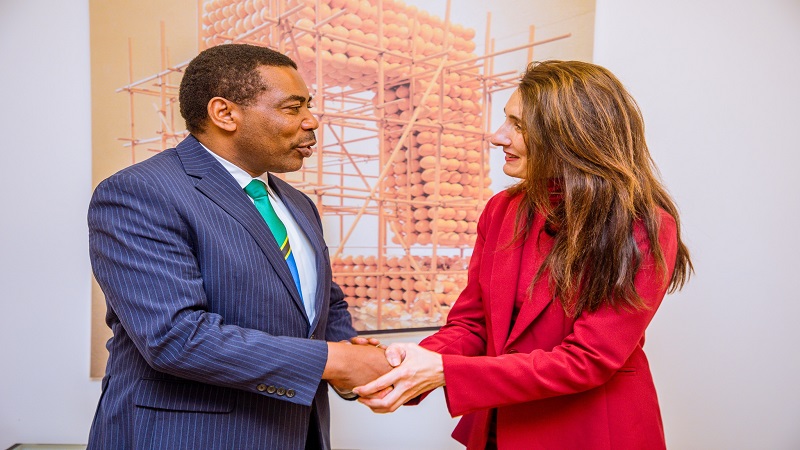Rwanda marks genocide anniversary
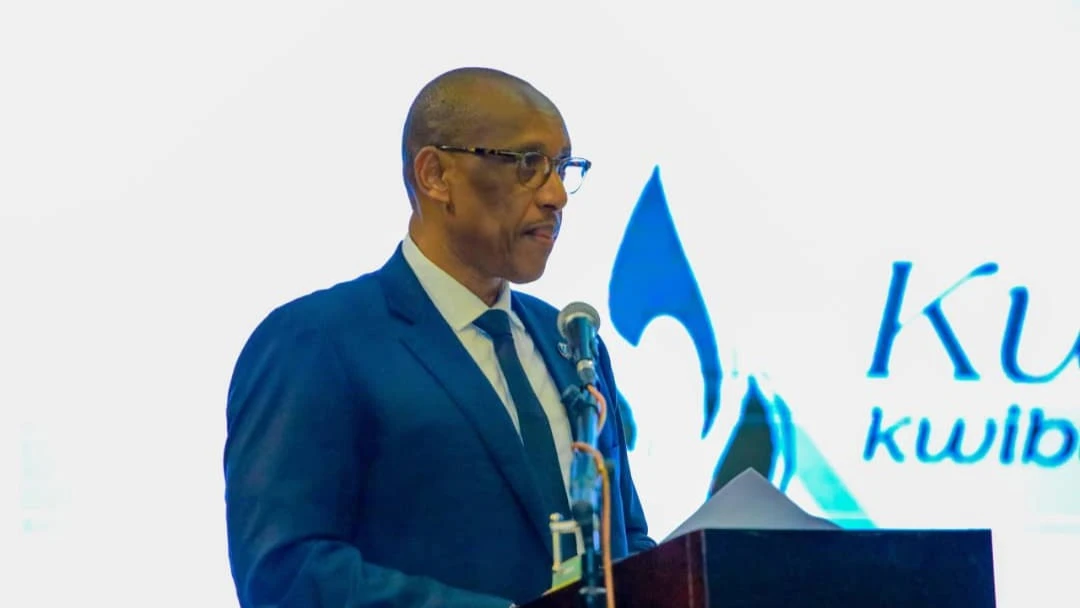
RWANDA has commemorated the 31st anniversary of the 1994 genocide that resulted in the killing of an estimated one million Tutsi people in 1994, which lasted for 100 days.
In addition, it was stated that Rwanda and its embassies in various countries, including Tanzania, commemorated the anniversary of the massacre yesterday by comforting the survivors and continuing to raise their voices in condemnation of the brutal acts.
Speaking yesterday in Dar es Salaam, during the commemoration ceremony held, Rwandan Ambassador to Tanzania General Patrick Nyamvumba said the killings were not just a mass killing but a calculated and systematic attempt to eliminate an entire group of people based on their identity.
“The 1994 Genocide against the Tutsi was a sudden explosion of violence triggered by a single event. Such narratives that have often been perpetuated in the mainstream media betray either a lack of integrity or a deliberate effort to discredit one of the most horrific episodes in human history.
"The Kingdom of Rwanda fostered unity for centuries. We were never part of the transatlantic slave trade, and our ancestors firmly held to the belief in the dignity and equality of all people. For over 860 years, Rwandans have lived together in peace," said Ambassador Patrick.
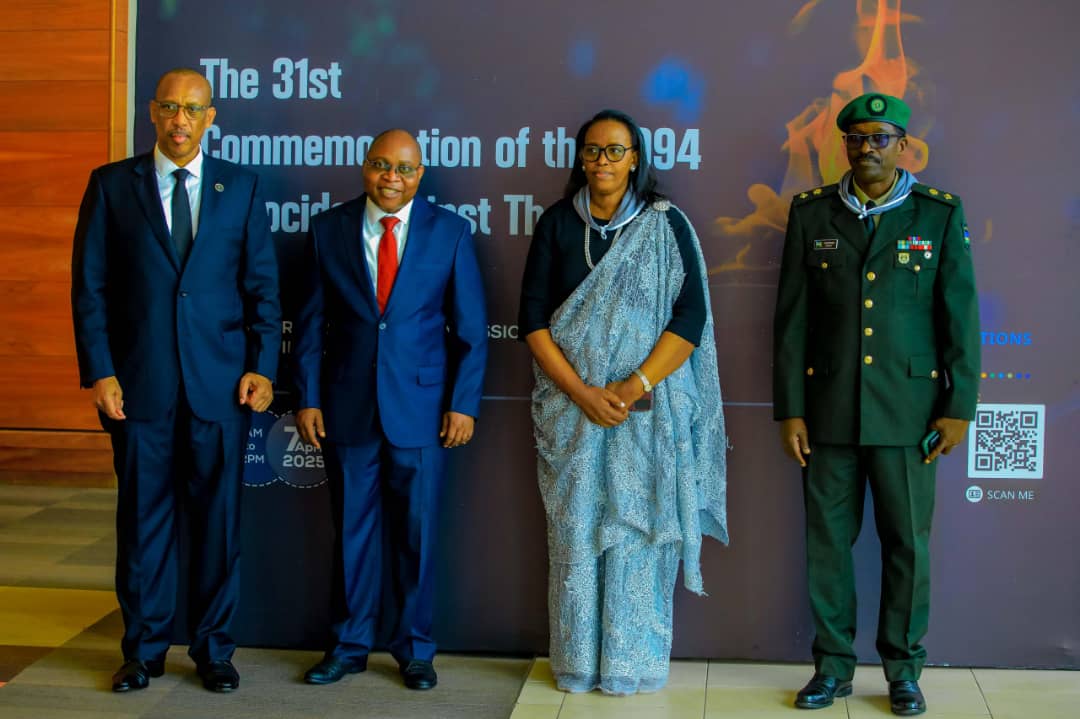
He added that colonialism was what brought about the division and that at the Berlin Conference of 1885, Rwanda was incorporated into German East Africa and later, Belgian colonial rule, where social identity was redefined along ethnic lines.
He said the issuance of IDs in the 1930s, supported by pseudo-scientific 'anthropology' and religious institutions, led to institutional divisions where none existed before.
He said that by the time of independence in 1962, this fabricated ideology of exclusion had taken root. Those successive regimes in Rwanda, supported by the colonialists, reinforced this ideology, ultimately leading to the Genocide against the Tutsi in 1994.
“We salute the brave young men and women, led by President Paul Kagame, former Commander of the Rwandan Patriotic Army, who stopped the genocide and saved the nation from the brink of destruction.
“Genocide leaves behind more than physical damage, it scars generations, tears families apart, and seeks to erase memory itself. That is why remembrance is not just a symbol; it is a moral imperative. To remember is to resist denial.To honor the victims is to uphold our shared humanity. Forgetting or distorting history emboldens those who might want to repeat the crime,” said Ambassador Patrick.
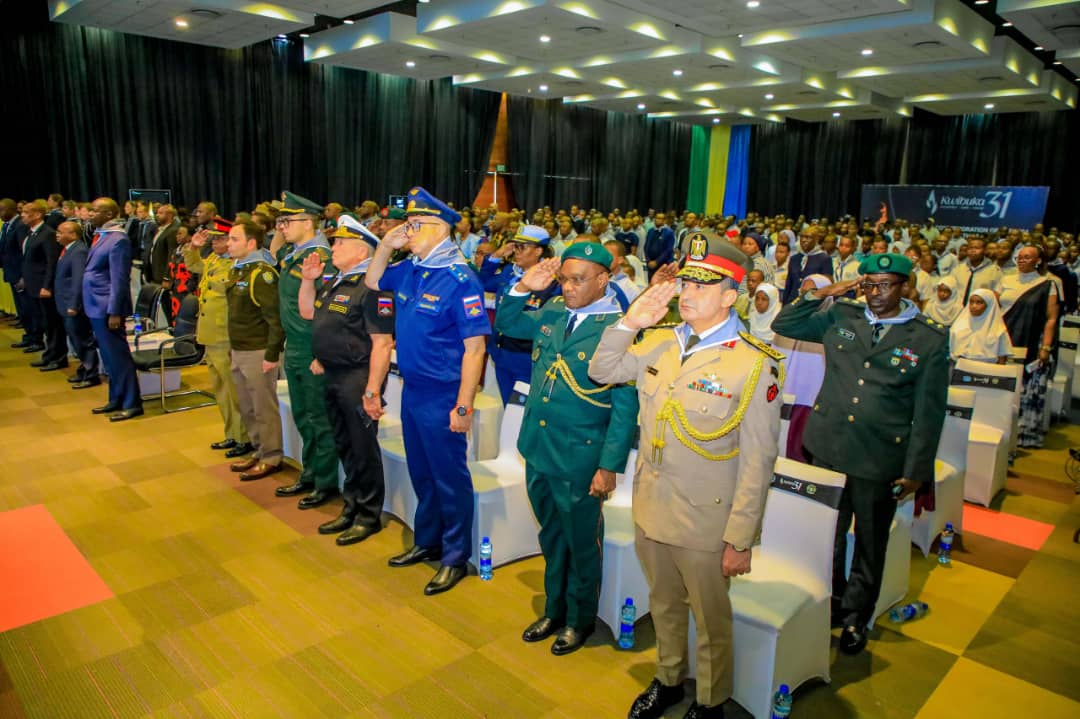
However, he explained that despite such a great loss, Rwanda chose the path of stability, reconciliation, and renewal. “In the past two decades, we have made progress. Our economy has grown rapidly, averaging 7-8 percent annually and has increased after the global pandemic.”
He said Rwanda is a global leader in gender equality, with women holding a majority of seats in both parliament houses and serving at a high level in the executive, judiciary, and private sectors.
He also explained that challenges continue. The ideological remnants of colonialism and genocide denial, especially in neighboring areas such as the eastern DRC, continue to threaten their development. And those who deny the genocide are no different from those who committed it.
Likewise, he said Rwanda has remained steadfast in combating genocide ideologies. He urged the international community, especially academic institutions, to take a principled stand against revisionist narratives that distort the truth.
“As we mark this 31st anniversary, let us recommit ourselves to the promise of “Never Again.” Let us continue to Remember, Unite, and Rebuild. Together, we can build a world where no society will ever again experience the horror of genocide,” said Ambassador Partick.
Top Headlines
© 2025 IPPMEDIA.COM. ALL RIGHTS RESERVED









